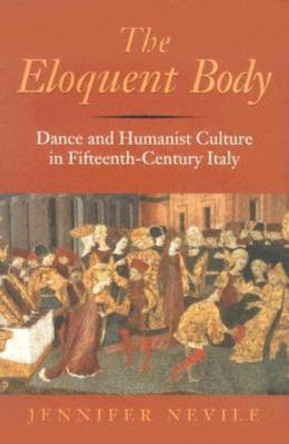While humanists agreed on identifying the main requirement of the historical genre with truthfulness, they disagreed on their notions of historical truth. Some authors equated historical truth with verisimilitude, thus harmonizing the quest for truth with other ingredients of their histories, such as their political utility and rhetorical aptness. Others, instead, rejected the notion of verisimilitude, identifying historical truth with factuality. Accordingly, they sought to produce bare and exhaustive accounts of all the things that pertained to their historical explorations, often resorting to innovative disciplines, such as archeology, philology, and the history of institutions. The humanist historiographical debate is especially significant because the notion of verisimilitude encompassed crucial elements required for the development of methods of critical assessment. By perceiving verisimilitude and factuality as irreconcilable, Quattrocento humanists reached a critical impasse-those who were interested in factual truth mostly lacked the means to ascertain it, while those that developed embryonic notions of historical criticism were not eminently concerned with the factual account of the past. This critical weakness exposed humanists to considerable risks, including that of accepting non-verisimilar historical forgeries passed off as factual. Such forgeries eventually served as a testing ground for sixteenth- and seventeenth-century scholars, who sought to restore factual truth by means of critical criteria grounded in verisimilitude, thus overcoming the humanist impasse. Historical Truth in Fifteenth-Century Italy addresses Renaissance history, philosophy, rhetoric, and jurisprudence to shed light on how humanists conceptualized truth and, more specifically, historical truth.
About the AuthorGiuliano Mori is Assistant Professor of early modern and Renaissance philosophy in the Department of Philosophy of the University of Milan. In 2016-17 he was a member of the Institute for Advanced Study in Princeton and, in 2017-18, an Andrew W. Mellon Fellow at Villa I Tatti, The Harvard University Center for Italian Renaissance Studies in Florence. His research interests focus on European intellectual history from the fourteenth to the seventeenth century with particular regard to the conceptions of truth that were developed in the period.
Book InformationISBN 9780198885931
Author Giuliano MoriFormat Hardback
Page Count 272
Imprint Oxford University PressPublisher Oxford University Press
Weight(grams) 538g
Dimensions(mm) 240mm * 160mm * 20mm









